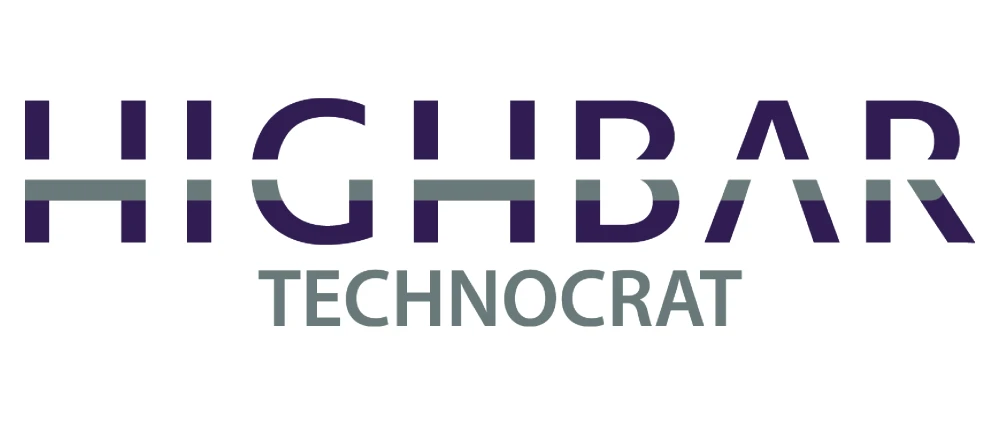
When it comes to providing effective solutions to speed up business operations, Enterprise Resource Planning (ERP), SAP in data processing stands out as a global leader. To harness the full potential of SAP ERP solutions, organizations often turn to SAP Managed Services. In this blog, we’ll explore the complexities of SAP managed services, their significance, key components, benefits, and best practices for leveraging SAP ERP solutions for optimal business performance.
What are SAP Managed Services?
SAP managed services refers to the deployment of management, maintenance, and support of SAP applications to a specialized service provider. This strategic approach allows organizations to unload the complexities of SAP system management, ensuring optimal performance, continuous improvement, and alignment with evolving business needs. SAP managed services providers take on responsibilities such as system monitoring, issue resolution, updates, and improvements, allowing businesses to focus on their core competencies.
Key Components of SAP Managed Services
- System Monitoring and Maintenance:
SAP managed service conduct continuous monitoring of SAP systems to ensure their availability, performance, and security. This includes real-time tracking of key performance indicators (KPIs), identification of potential issues, and proactive maintenance to prevent system errors.
- Technical Support and Issue Resolution:
One of the main elements of SAP managed services is effective technical support. Service providers offer help desk support, addressing user issues, resolving technical challenges, and ensuring that the SAP system operates smoothly. Timely issue resolution minimizes downtime and keeps business processes running seamlessly.
- Upgrades and Enhancements:
SAP regularly releases updates, patches, and enhancements to improve system functionality, security, and performance. SAP managed services are responsible for implementing these updates, ensuring that the organization’s SAP system remains current, compliant, and equipped with the latest features.
- Performance Optimization:
Continuous performance optimization is a key feature of SAP managed services. Service providers analyze system performance, identify bottlenecks, and implement optimizations to enhance overall efficiency. This includes tuning configurations, addressing database issues, and optimizing custom developments.
- Security Management:
Protecting sensitive business data is of great importance. SAP managed services implement robust security measures, including access controls, user authentication, and data encryption. Regular security assessments and audits are conducted to identify and eliminate potential risks.
Benefits of SAP Managed Services with ERP Solutions
- Cost Efficiency:
Leveraging SAP managed services eliminates the need for organizations to invest heavily in building and maintaining an in-house support team. This results in cost savings on staffing, training, and infrastructure, allowing businesses to use resources more strategically.
- Focus on Core Business Competencies:
By outsourcing SAP management to specialized providers, organizations can redirect their focus and resources towards core business functions. This ensures that internal teams can concentrate on enhancing products or services and achieving business objectives.
- System Performance:
SAP managed services bring expertise and best practices to optimize system performance continually. Regular monitoring, proactive maintenance, and performance tuning contribute to a stable and efficient SAP environment, reducing the risk of downtime and improving user satisfaction.
- Access to Skilled Experts:
The suppliers of SAP managed services are groups of highly qualified specialists with tons of experience. This access to specialized expertise ensures that organizations benefit from industry best practices, stay alert to SAP updates, and efficiently streamline the process.
- Scalability and Flexibility:
SAP managed services are scalable and flexible enough to adjust to changing business needs as they arise. Whether scaling up due to business growth or adjusting services during lean periods, organizations can align their SAP support services with the dynamic nature of their operations.
- Risk Elimination and Compliance:
SAP managed services providers are well-versed in SAP security protocols and compliance requirements. By outsourcing SAP management, organizations reduce the risk of security breaches, data loss, and non-compliance. This is particularly crucial in industries with strict regulatory standards.
Best Practices in SAP Managed Services Utilizing ERP Solutions
- Strategic Alignment:
Ensure that SAP managed services align with the organization’s overall business strategy. Clearly define objectives, expectations, and key performance indicators (KPIs) to measure the effectiveness of the services provided.
- Needs Assessment:
Before engaging SAP managed services, conduct a thorough needs assessment to identify specific challenges, pain points, and objectives. This assessment forms the basis for tailoring the services to meet the organization’s specific requirements.
- Service Level Agreements (SLAs):
Establish clear and realistic SLAs with the SAP managed services. SLAs should outline response times, resolution times, and the scope of services provided. Regularly review and adjust SLAs based on evolving business needs.
- Regular Communication and Reporting:
Daily meetings, status updates, and performance reports contribute to a transparent and collaborative partnership. Clear communication with the SAP managed services ensures that any emerging issues are addressed promptly.
- Training and Knowledge Transfer:
Clear the way for knowledge transfer between SAP managed services and internal teams. This includes training sessions, documentation, and workshops to empower internal staff with the skills needed to understand and manage the SAP environment effectively.
- Continuous Improvement:
Encourage a culture of continuous improvement. Regularly assess the effectiveness of SAP managed services, ask for feedback from end-users, and collaborate with the service provider to implement enhancements and optimizations.
- Cybersecurity Measures:
Prioritize cybersecurity measures to safeguard sensitive business data. This includes regular security audits, access controls, encryption protocols, and adherence to industry-specific compliance standards.
- Flexibility for Growth:
Select a SAP managed service that offers scalability to accommodate the organization’s growth. The provider should be capable of adapting services to meet the changing needs of the business, whether through expansion or diversification.
Conclusion
SAP managed services, when strategically implemented, represent a powerful source for organizations seeking to maximize the value of their SAP ERP solutions. By entrusting the management and optimization of SAP systems to specialized service providers, businesses can unlock cost efficiencies, enhance system performance, and ensure ongoing compliance and security. As ERP systems continue to evolve, SAP managed services offer a pathway for organizations to stay agile, focus on core competencies, and drive innovation. Embracing best practices in SAP managed services is not just a business strategy, but rather a transformative approach that positions organizations to thrive in an era of constant digital growth.




